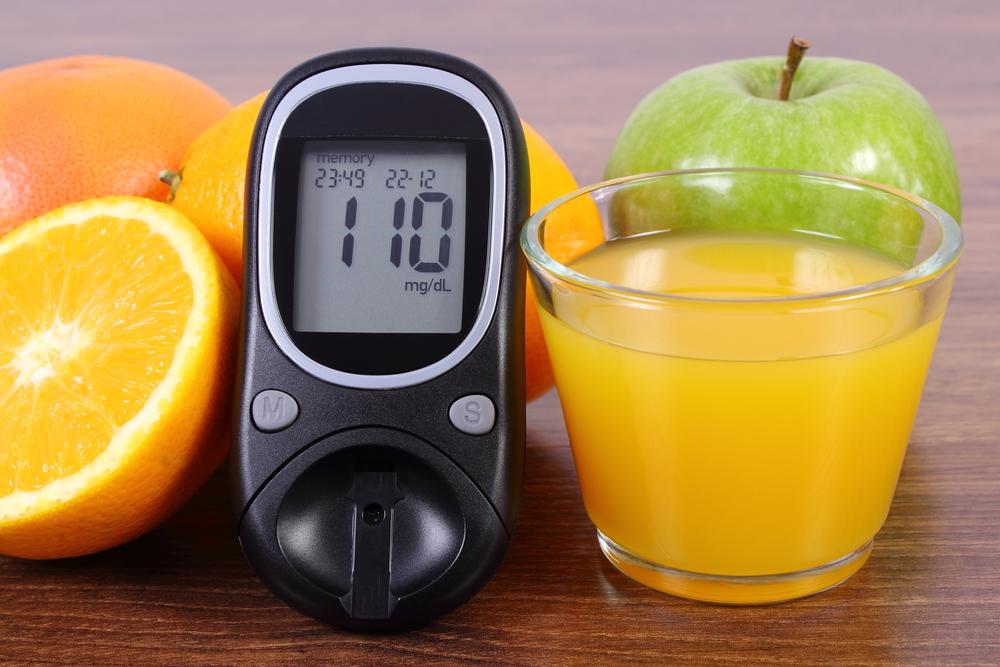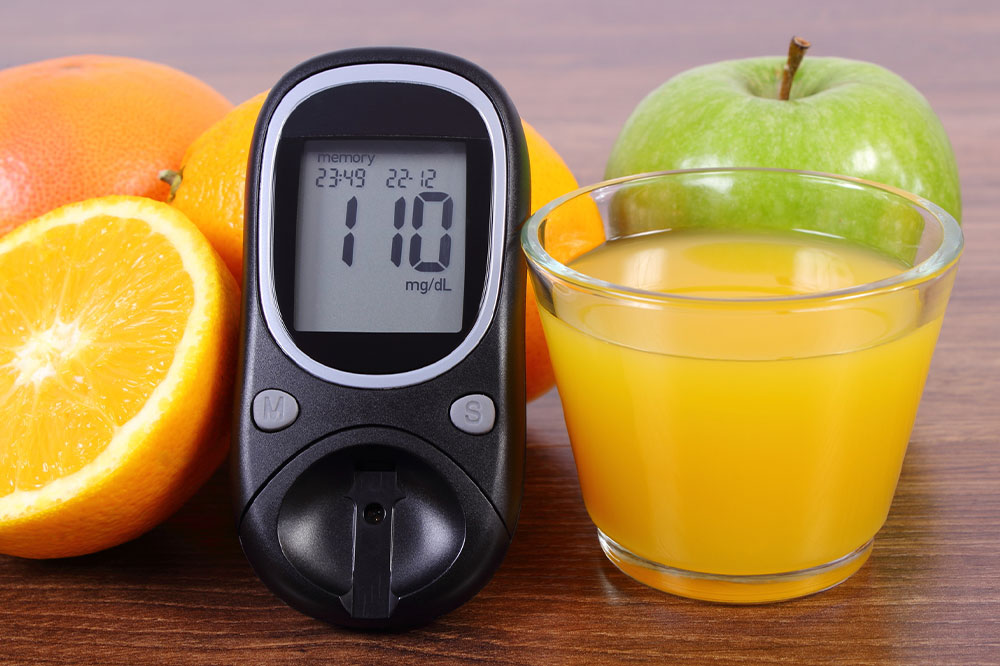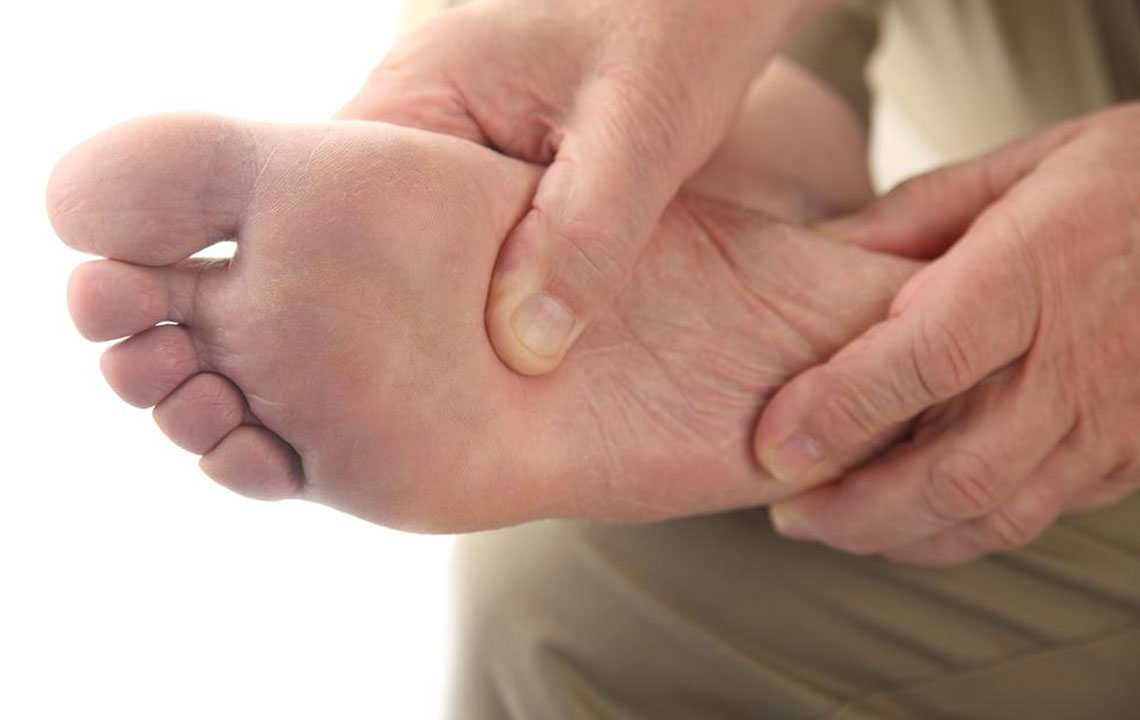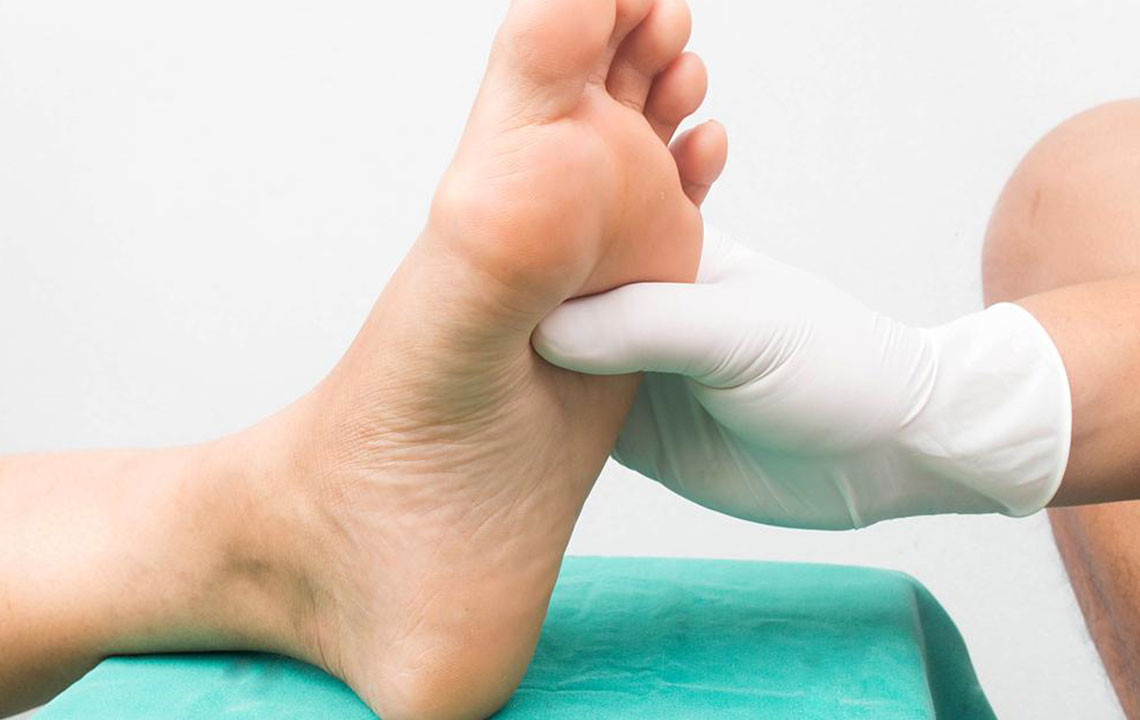The Detrimental Impact of Diabetes on Health
Explore how diabetes can lead to severe complications affecting eyes, nerves, skin, and blood vessels. Learn preventive measures such as proper foot care, blood sugar management, and lifestyle adjustments. Recognizing symptoms early and seeking prompt medical treatment can help prevent limb loss and other serious health issues caused by prolonged high blood sugar levels.

The Detrimental Impact of Diabetes on Health
Effects of Diabetes on the Body
Diabetes is a chronic condition where the body's ability to produce or respond to insulin is impaired, leading to elevated blood sugar levels. This occurs due to an autoimmune attack on pancreatic beta cells in type 1 diabetes, often affecting younger individuals. In type 2 diabetes, commonly seen in those over 50, the body develops resistance to insulin or produces less of it. Prolonged high glucose levels can damage various organs, causing eye issues like diabetic retinopathy, high blood pressure, heart disease, kidney failure, digestive delays, and poor circulation affecting skin and extremities.
Diabetic foot problems arise from poor circulation and nerve damage, leading to numbness, making injuries go unnoticed and prone to infection. It’s common for animals to nibble diabetic feet, risking further complications like gangrene and potential amputation. Changes in skin color and texture, such as dryness, peeling, or cracking, are signs of nerve degeneration affecting moisture and oil balance. Regular moisturizing with petroleum jelly, avoiding excess moisture between toes, and professional care for calluses are essential. Left untreated, these can develop into ulcers, risking tissue death and limb loss.
Ulcers typically develop on the ball of the foot or big toe and are often caused by ill-fitting footwear. All foot ulcers require immediate medical attention to prevent complications. Treatment involves cleaning, debridement, and antibiotics if infection is suspected. Severe cases may need surgical intervention. Post-healing, wearing special footwear is recommended to prevent recurrence. Poor blood glucose control hampers healing and increases infection risk, necessitating vigilant foot care and regular monitoring to avoid serious consequences.
Peripheral vascular disease, characterized by fatty deposits and arterial hardening, impairs blood flow and healing. Smoker’s blood vessels deteriorate faster, increasing complications. Reduced circulation causes cold extremities, and attempts to warm them artificially can cause burns. Wearing warm socks and gloves is safer. Maintaining balanced glucose levels through diet, medication, exercise, and lifestyle changes can prevent these severe complications, ensuring better health and limb preservation.










